When you’re house hunting, and you’ve finally found the one you’d like to call home, it’s time to start the process of buying it.
But before that, you’ll need to ensure that you can afford the property and that a lender will give you the mortgage to cover the purchase price. This is where the entire mortgage process comes into play.
To get the best mortgage possible and the house you love most, you’ll need to understand the mortgage process in a way that helps you make the right decisions when buying your home.
Types of Mortgages
There are many types of mortgages in Canada. They include:
· Open: These mortgages are designed for those who want to make larger payments more frequently or those looking to pay off the entire mortgage without a penalty. It offers the best flexibility.
· Closed: A closed mortgage is a pre-commitment to a determined interest rate that will remain the same over a set period. In some cases, a closed mortgage can be variable or adjustable so that when rates change, your interest rate changes with it. These types of mortgages come with lower interest rates than open mortgages.
· Convertible: A convertible mortgage allows people to change the type of mortgage they have during the agreed-upon term. It’s typically used for those who want to start with one kind of mortgage, such as an open mortgage, but have the option to close it up when it suits them.
· Hybrid: A hybrid mortgage combines different mortgage types in a single mortgage registration. It could have a fixed rate portion, a variable rate portion, a line of credit, or any combination of those.
· Reverse: A reverse mortgage is made for those 55 or older and allows them to convert their home equity into a lump sum or monthly cash payment to pay for living expenses or other expenses. It acts as a loan and must be repaid once the property is sold or the person who owns the mortgage dies.
Choosing the right type of mortgage for you will depend on personal factors and can be worked out with your mortgage advisor.
Credit Scores and How They Factor In
Your credit score is used to help financial institutions determine your loan viability. A higher score shows that you’re more likely to stay up to date on your payments, making you a desirable candidate for a mortgage in Canada. Typically, banks and leading financial institutions will want someone to have a score of at least 680 or above to qualify for a traditional mortgage.
People with lower credit scores can still get a mortgage, but their options will be more limited and often come with higher interest rates to make up for the risk that a lender sees when loaning money for the mortgage.
Pre-Approval
Pre-approval is the first step in the home-buying process and should be sought out BEFORE even looking at homes. It gives you a rough estimate of what you can afford in the market by looking at your current income, credit score, and other parameters banks use to determine a person’s ability to pay a mortgage, such as:
· Your down payment and where it comes from, whether savings, family, or other sources
· Savings and other investment equity you may have
· Other sources of income
While you can look at properties without pre-approval, doing so can lead to issues when getting a mortgage if you don’t know your budget and cannot get approved for a property you’ve made an offer on.
Getting a mortgage in Canada isn’t always easy, but the more you know about the process, the more seamless it will become.
The Warren Team has outstanding mortgage and lending partners to whom we can refer you. A referral is always the best source of information, someone you can trust to have your best interests at heart. Don’t hesitate to ask so we can match you with the best fit for your needs.

